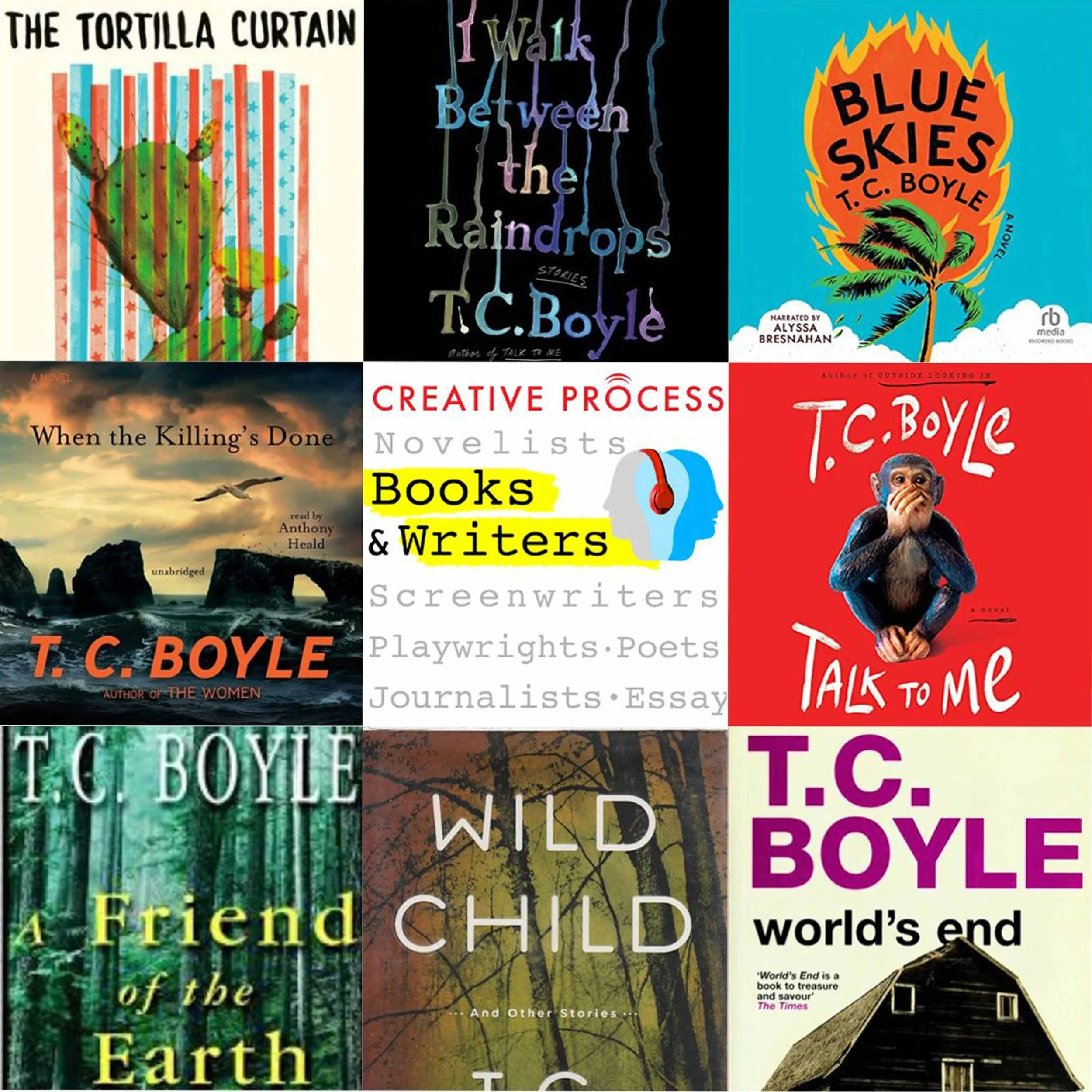An Actor Prepares - SHARON LAWRENCE on Crafting Complex Characters - Highlights
/A Conversation with SHARON LAWRENCE
That transformation was key to my next step as an artist, to knowing that's what acting is. It isn't just posing; it isn't just being a version of yourself in a way that was free. Performing wasn't just performing; it was transforming. I think that artists find that in many different ways, and as actors, there are many ways into that.



















